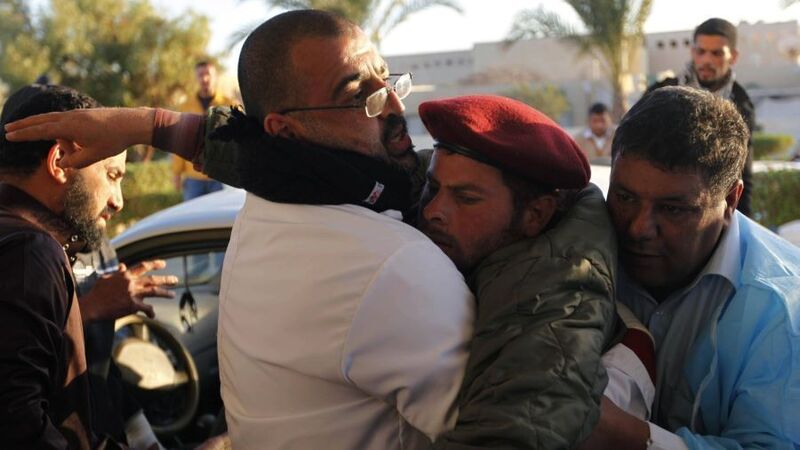Gaddafi bids to halt rebel advance

Forces loyal to Muammar Gaddafi, some in helicopter gunships, pounded opposition fighters with artillery, rockets and gunfire, dramatically escalating their counter-offensive to halt the rebels’ rapid advance towards the capital.
They also battled to loosen the grip of rebels on two cities close to Tripoli, but in at least one case their tactics appeared to lead them into a trap.














